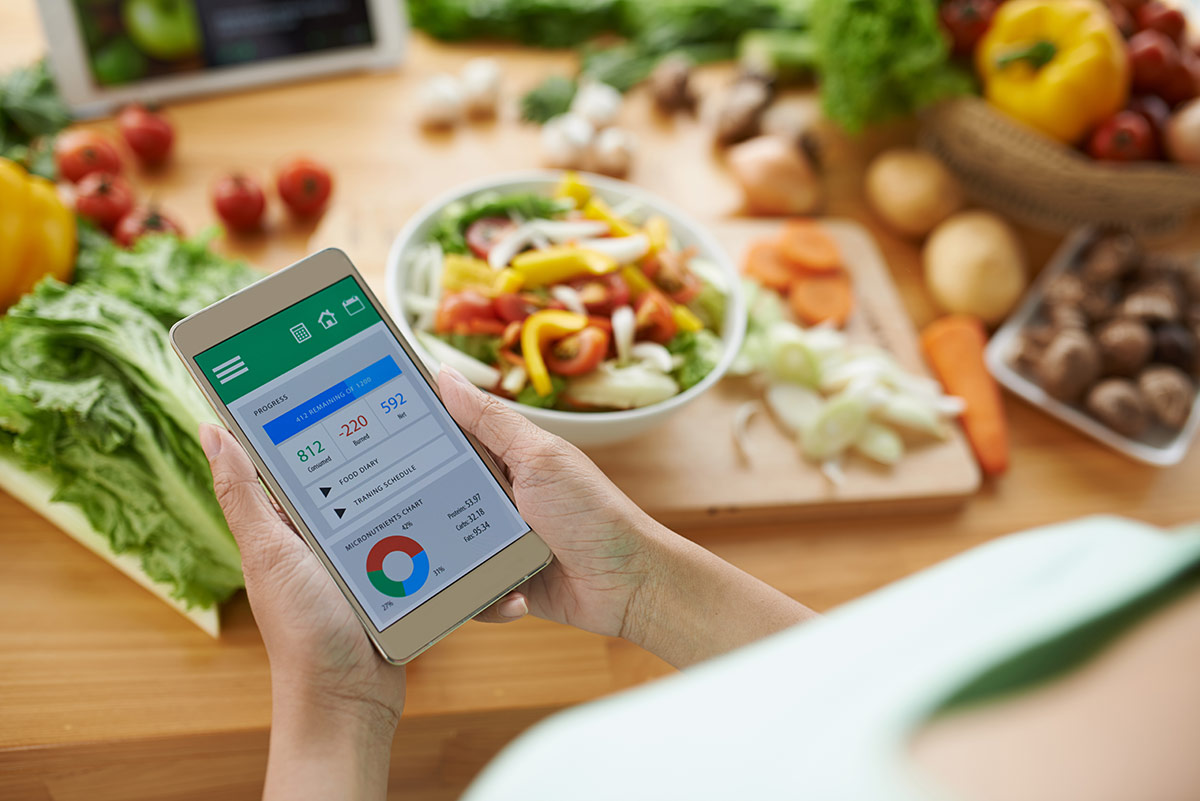
During the pandemic, handy meal kit delivery services are helping to develop home cooking habits incorporating healthy ingredients such as vegetables, and a balance of less harmful fats and salt.
Meal kits services seem to be growing in popularity but there is very little research on those who use meal kits and what the potential nutritional benefits and risks may be,” Australian nutrition and dietetics researchers say in a new paper in Health Promotion International.
“For example, we really don’t know if they are better or worse than home cooking or takeaway food,” says lead author Dr Carly Moores, Registered Nutritionist, a Flinders University graduate and now postdoctoral research fellow at the University of Adelaide
The researchers reviewed a year’s worth of recipes from a popular meal kit service, focusing on the qualities of the recipes – including ingredients and time to prepare meals.
Co-author Flinders University academic and Accredited Practising Dietitian Dr Kacie Dickinson says a typical recipe contained about nine different ingredients, averaging three vegetables and three ingredients from the home pantry.
The meals took about 35 minutes to prepare and were found to be relatively high in energy from fat and protein. Meals were also relatively high in sodium with some exceeding the Australian Suggested Dietary Target for sodium (<2000 mg)
“This could be improved by increasing the vegetables and wholegrain ingredients in meals, or by reducing portion sizes,” Dr Dickinson says.
Meal kits are advertised widely, including to families, so it was important to find meals also had positive qualities, for example included a number of different vegetables. This is important as know that vegetable intake is important for health, but intake is too low in most Australian adults and children.
“It’s really important to understand the qualities of these recipes, which vary from week to week, before deciding whether the meal kit is a suitable service for you and your family’s nutritional needs and preferences,” adds Dr Moores.
Are meal kits health promoting? Nutritional analysis of meals from an Australian meal kit service (2020) by CJ Moores, LK Bell, MJ Buckingham and KM Dickinson has been published in Health Promotion International (Oxford Academic) DOI: 10.1093/heapro/daaa095.
Methodology: Over a 12 month period the research reviewed 346 (251 unique) recipes. Per serve (median size 580 g), meals contained a median of 2840 kJ (678 kcal) of energy, 58 g carbohydrate (14 g sugar), 44 g protein, 28 g total fat (8 g saturated fat) and 839 mg sodium. Median energy from macronutrients was total fat (38%), carbohydrates (34%), protein (25%) and saturated fat (11%).

